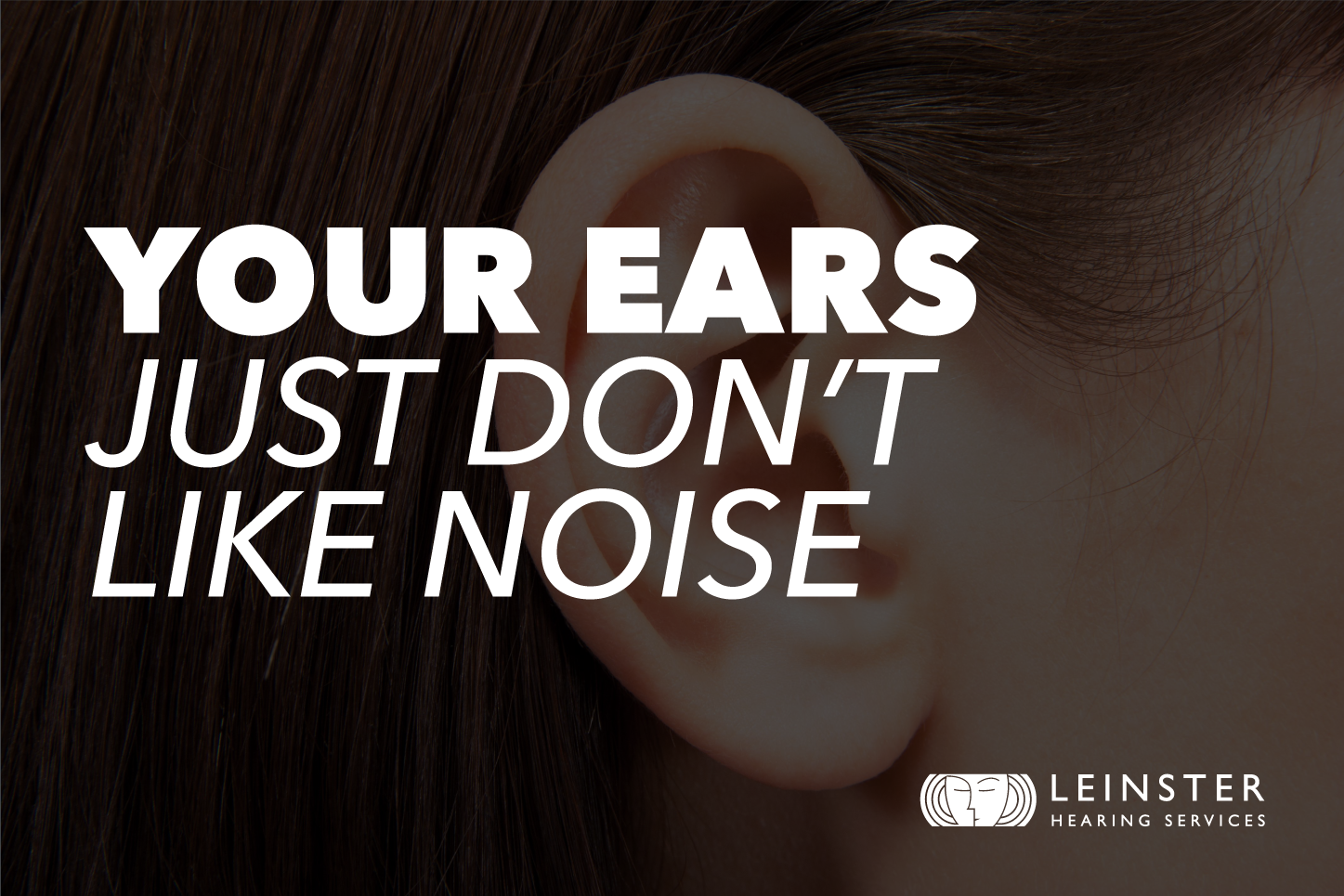
09 Dec Your Ears Just Dont Like Noise
The World Health Organisation estimates that a staggering third of all cases of Hearing Loss can be attributed to exposure to loud noise.
Interestingly their research revealed that within a sample group of one million noise exposed workers the higher risk occupations turned out to be mining, carpentry, construction and farming. There was a greater prevalence in men with the loss increasing with age.
Hearing Loss occurs from continuous exposure to loud noise and/or can be caused by a single or repeated sudden loud sound, a syndrome known as acoustic trauma. Loud noise causes physical damage to the microscopic hair cells (cilia) which line the inner ear area (the cochlea).
A crucial characteristic of inner ear cell damage is the inability of these cells to regenerate resulting in permanent hearing loss.
Symptoms of Noise induced Hearing Loss (NIHL) Noise induced hearing loss often has a serious negative effect on the quality of life of not only those effected but also on the lives of their friends and family. Over time speech becomes distorted and muffled so understanding voices becomes increasingly difficult. Very loud TV, continuously asking others to repeat themselves and the inability to enjoy social gatherings are common symptoms. Quite often tinnitus (buzzing or ringing in the ears) accompanies NIHL.
Treating NIHL The best way to avoid noise damage is either to steer clear of loud noise or wear ear protection. If the damage has already occurred surgery or medications are not an option however the good news is that in almost all cases individuals can be helped with the use of Hearing Aids. Todays Hearing Aids are very discreet and comfortable to wear and digital technology now delivers excellent clarity even in more difficult listening environ- ments. Furthermore recent studies have strongly suggested that for a significant number of people Hearing Aids do reduce the affect of tinnitus.
What to DO If you or a loved one has worked in a noisy environ- ment and has any concerns about hearing loss the best advice is to visit an experienced professionally qualified audiologist for an assess- ment. If hearing loss is present ask for a FREE Hearing Aid TRIAL so you can take the aids home and judge their performance in your own environment.




Sorry, the comment form is closed at this time.